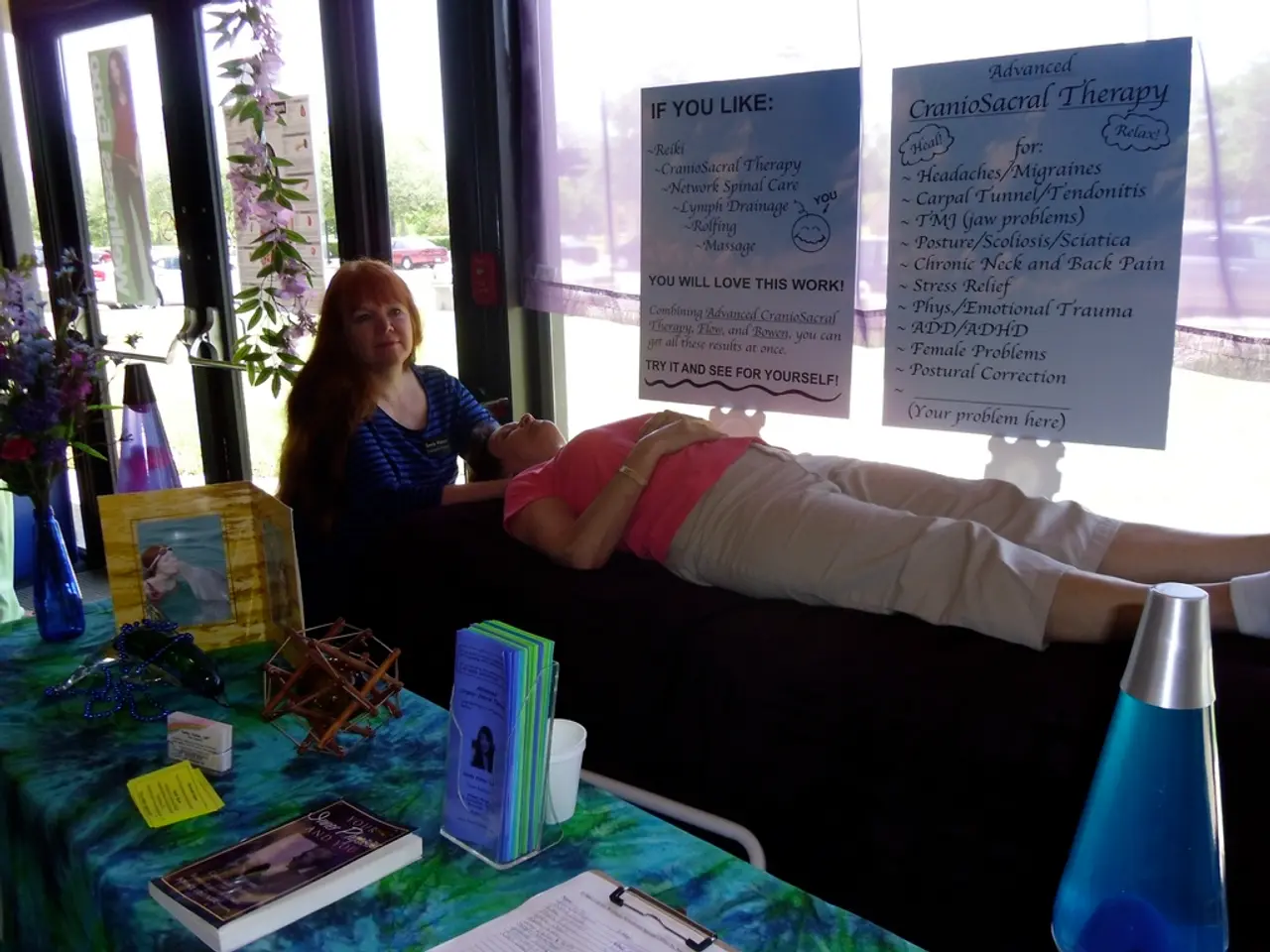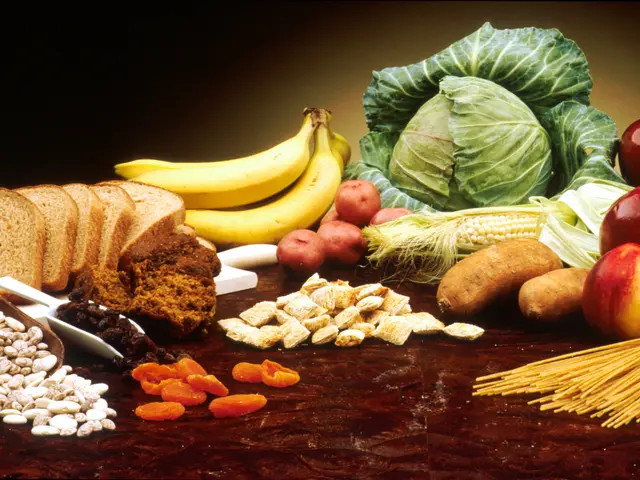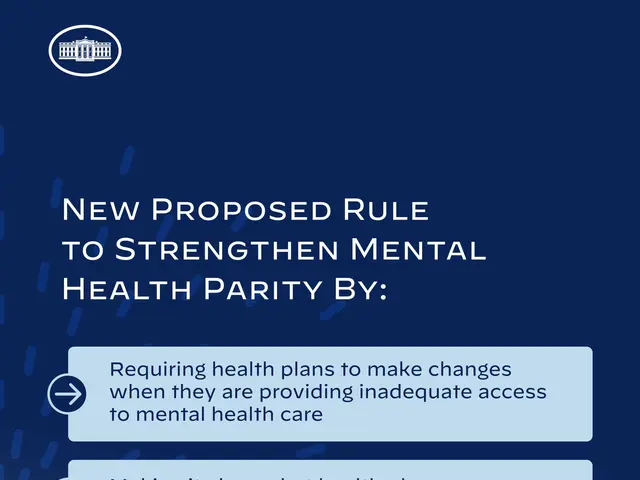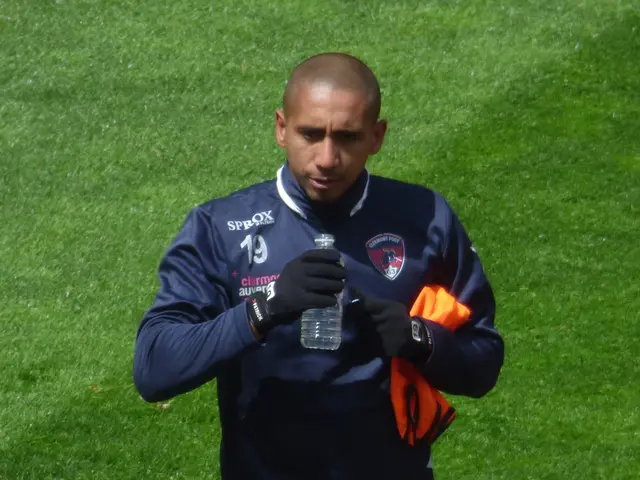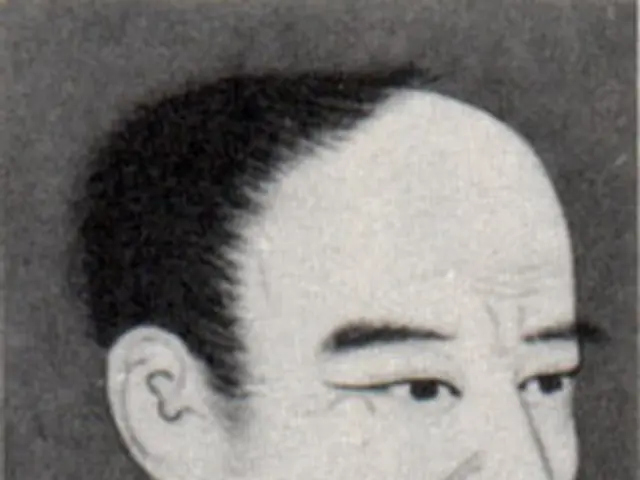Breast Pain: Causes and When to Consult a Medical Professional
Breast pain is a common symptom experienced by around 90% of females at some point in their lives, often related to hormonal changes, infections, or injuries [4]. However, severe and persistent shooting breast pain is relatively uncommon but can occur due to various non-cancerous causes.
Possible causes of severe and persistent shooting breast pain other than cancer include:
- Hormonal breast pain (cyclical mastalgia): Typically linked to the menstrual cycle and may cause sharp or shooting pain, sometimes more intense on one side [2][4].
- Fibrocystic breast changes: Benign changes such as lumpy or dense breast tissue causing tenderness and pain, more common in women aged 20-50, often fluctuating with the menstrual cycle [2].
- Breast infections (mastitis): Particularly in breastfeeding women, an infection can cause localized severe pain, redness, and swelling [2].
- Nerve fiber damage: This is documented especially after breast surgery, which can lead to chronic shooting or neuropathic pain in the breast area in 20-72% of cases depending on symptom duration [3].
- Mechanical or environmental factors: For example, poor breastfeeding technique can cause nipple and breast shooting pain in lactating women, sometimes severe and persistent [1].
- Musculoskeletal issues or other chest-related causes: Conditions such as costochondritis or pleurisy (inflammation of the lung lining) can mimic breast pain but originate outside the breast itself [2].
It's important to note that breast cancer rarely presents solely with shooting breast pain; pain associated with a lump or skin changes warrants prompt evaluation [4]. However, if pain is persistent and severe, medical assessment is recommended to rule out serious causes and guide treatment [4].
Mastitis, a bacterial infection in the breast, can cause sudden, intense pain, tenderness, swelling, warmth or redness, itching, fever, nipple discharge, and abscesses [4]. If breast pain is severe, sudden, or does not improve on its own, prompt medical attention is recommended.
Cyclic breast pain is related to a female's menstrual cycle and occurs before a period, while noncyclic pain occurs at any time and can affect only one breast [4]. Referred pain is pain in the breasts that is being caused by a problem elsewhere in the body.
In conclusion, while breast pain is common, severe and persistent shooting breast pain is relatively rare. If you experience such pain, it's essential to consult a doctor to rule out potential serious causes and receive appropriate treatment.
- Hormonal breast pain, commonly known as cyclical mastalgia, is linked to the menstrual cycle, and its sharp or shooting pain intensity can sometimes be more prominent on one side.
- Fibrocystic breast changes, characterized by lumpy or dense breast tissue, are benign and can cause tenderness and pain, which can be severe, especially in women aged 20-50.
- Nerve fiber damage after breast surgery may lead to chronic shooting or neuropathic pain in the breast area, affecting 20-72% of cases depending on symptom duration.
- Mechanical or environmental factors, such as poor breastfeeding technique, can result in severe and persistent shooting pain in the breast and nipple during lactation.
- If breast pain is persistent and severe, it may originate from musculoskeletal issues or other chest-related causes like costochondritis or pleurisy, even though they do not directly involve the breast tissue.
